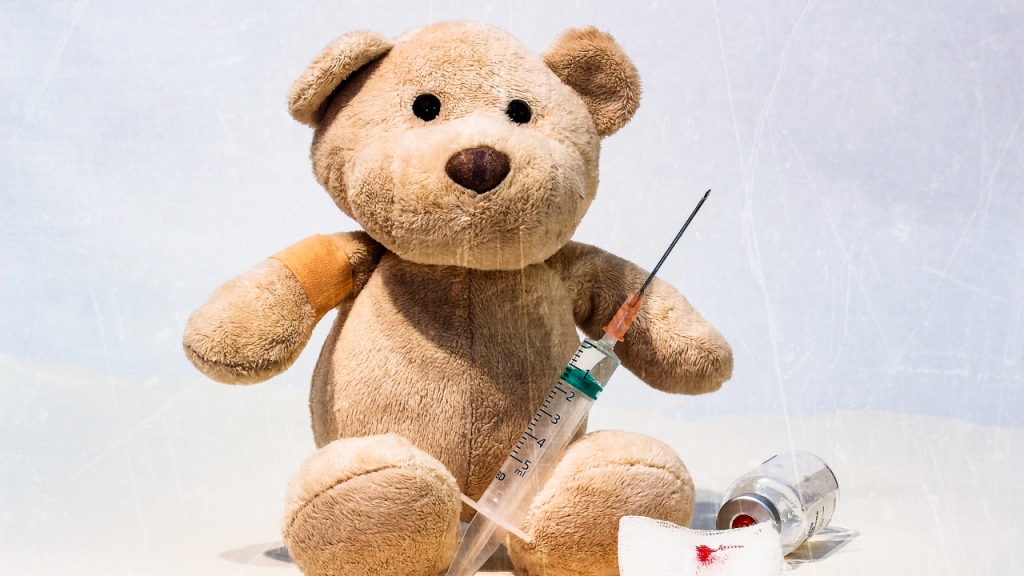John Hopkins Emergency Technologies Report
In May 2018, researchers at Johns Hopkins Center for Global Security published a report outlining technologies already available but not yet applied in emergency situations. Among these, self-spreading vaccines were particularly noteworthy. These vaccines target a small number of individuals to vaccinate entire populations.
The report suggests that introducing weakly transmissible self-spreading vaccines early in an outbreak could establish herd immunity in communities and prevent an outbreak from becoming a pandemic. It further suggests that even after widespread outbreaks, these vaccines could still protect susceptible individuals and limit new cases.
Dr. Amesh Adalja, a senior scholar at Johns Hopkins University, speculates that the coronavirus outbreak may have come too soon for this technology. He predicts that self-spreading vaccines will likely be first applied to common types of infections as a proof of concept before moving on to infectious diseases and outbreaks.
Self-spreading vaccination programs present significant challenges, particularly concerning individual rights and the difficulty of obtaining universal participation. Dr. Adalja believes that such vaccination methods raise serious medical ethics questions.
Self-Spreading Vaccines are ‘Less Lethal’, Not ‘Non-Lethal’
The Department of Health has explored self-spreading techniques in a presentation from late 2020, raising the possibility of eliminating “vaccine delay.” The presentation also stated that these vaccines cause “very little harm” compared to a pandemic. However, the department acknowledges several ethical issues related to self-spreading vaccines, including the fact that they are “less lethal,” not “non-lethal,” meaning they can still be fatal.
DARPA’s Involvement
At the start of 2022, the United States had recently concluded a four-year research endeavor centered on devising mathematical approaches for implementing self-spreading vaccination strategies. DARPA, the research agency of the U.S. Department of Defense, is also backing experimental efforts to ascertain if laboratory-modified self-spreading animal vaccines can curb the transmission of pathogens to U.S. military personnel stationed in regions where they operate.
Going Forward
While self-spreading vaccines may be considered for future pandemic responses, they remain a very serious violation of an individual’s bodily autonomy. Unfortunately, that seems of little importance to global governments who have already violated your individual rights without a second thought.











Leave a comment